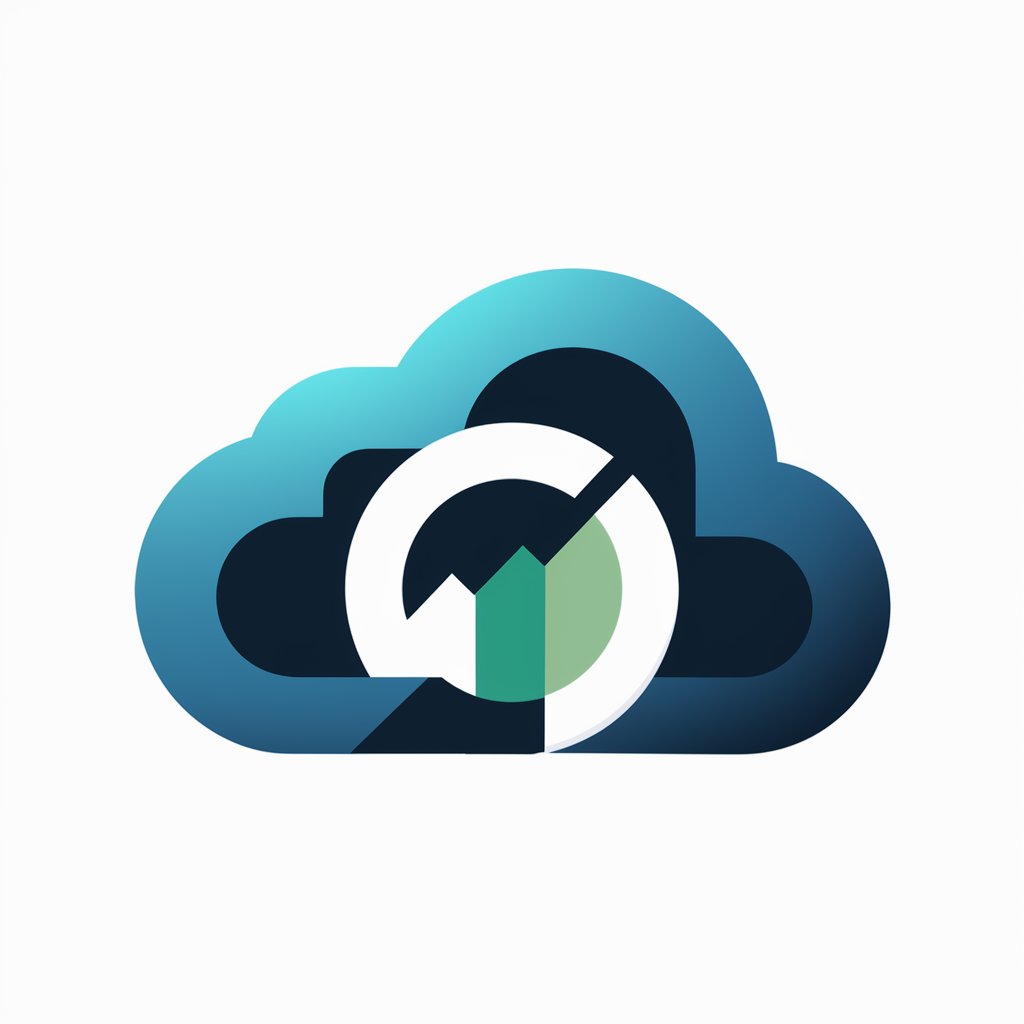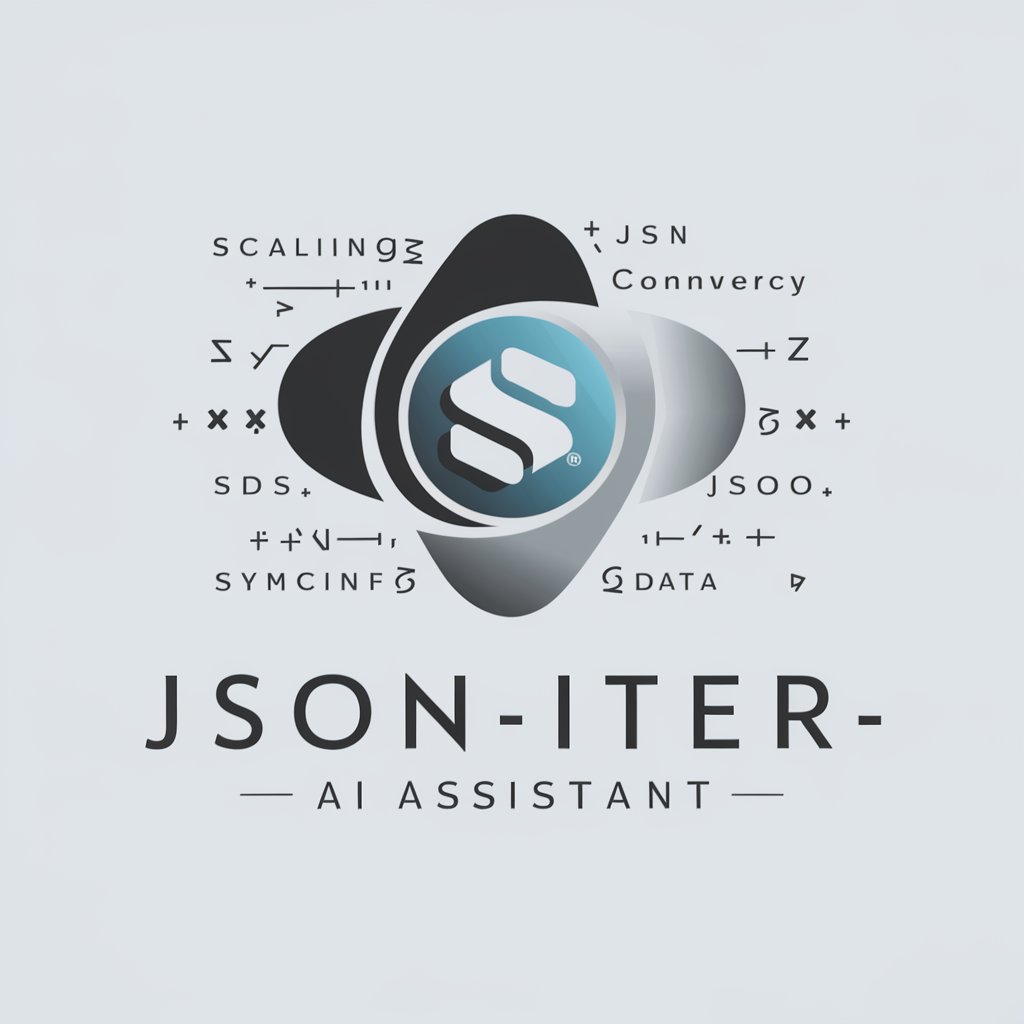Cloud Service Usage Analysis and Cost Optimization - Cloud Cost Optimization

Welcome! Let's optimize your cloud service usage and save on costs today.
Optimize cloud costs with AI-powered insights
Analyze cloud service costs for
Identify areas to optimize cloud expenses
Provide insights on cloud usage patterns
Recommend strategies for reducing cloud service costs
Get Embed Code
Introduction to Cloud Service Usage Analysis and Cost Optimization
Cloud Service Usage Analysis and Cost Optimization is designed to assist businesses in navigating the complexities of cloud computing costs and usage. This specialized service focuses on analyzing an organization's deployment of cloud resources to identify inefficiencies, underutilized resources, or opportunities for cost savings without compromising on performance or scalability. The core purpose is to optimize cloud spending, ensuring that businesses only pay for what they need and use. For instance, an organization might be running several instances 24/7, but analysis could reveal that some instances are only needed during business hours, leading to potential savings by scheduling these instances to shut down automatically outside those hours. Similarly, through rightsizing recommendations, businesses can downgrade over-provisioned resources, such as virtual machines with higher capacity than needed, to more appropriately sized and cost-effective options. Powered by ChatGPT-4o。

Main Functions of Cloud Service Usage Analysis and Cost Optimization
Cost Visualization and Management
Example
Detailed dashboards and reports that provide insights into current cloud expenditures, categorizing costs by service, department, or project.
Scenario
A software development company uses these tools to allocate cloud costs accurately across different teams and projects, enabling better budgeting and accountability.
Resource Utilization and Performance Analysis
Example
Analyzing computing resources to ensure they are being utilized efficiently, identifying idle or underused resources.
Scenario
An e-commerce platform discovers through analysis that their database servers are underutilized during off-peak hours. They then implement auto-scaling policies to adjust resources based on traffic, reducing costs.
Rightsizing Recommendations
Example
Suggestions to adjust the size or capacity of cloud services according to actual usage patterns, without sacrificing performance.
Scenario
A media company is advised to downgrade several oversized virtual machines used for video processing to smaller instances, as analysis shows that their CPU and memory resources are consistently underutilized.
Cost Forecasting and Budgeting
Example
Predictive analysis tools that estimate future cloud spending based on historical usage patterns.
Scenario
A startup uses cost forecasting to predict their cloud expenses for the next quarter, helping them to secure funding and plan for scaling their infrastructure efficiently.
Waste Identification and Elimination
Example
Identifying unused or zombie resources (like unattached volumes or obsolete snapshots) that continue to incur costs.
Scenario
A financial services firm identifies and removes dozens of unattached disk volumes that were forgotten after project completions, leading to immediate cost savings.
Ideal Users of Cloud Service Usage Analysis and Cost Optimization Services
Tech Startups and SMEs
These entities often operate with limited budgets and need to ensure their cloud spending is as efficient as possible to maximize their resources and focus on growth. The ability to optimize cloud costs can be crucial for their survival and scalability.
Large Enterprises with Complex Cloud Infrastructures
These organizations can benefit significantly due to the scale of their operations. Even minor optimizations across numerous services can result in substantial cost savings. Moreover, they often need detailed reporting for budgeting and governance.
Cloud Architects and DevOps Teams
These professionals are directly responsible for managing and optimizing cloud infrastructure. They can use detailed analysis and recommendations to make informed decisions, improving performance and reducing costs.
Financial Managers and CFOs
Individuals in charge of budgeting and financial planning within organizations can leverage these services to gain a clearer understanding of cloud expenses, aiding in more accurate forecasting and allocation of resources.

How to Utilize Cloud Service Usage Analysis and Cost Optimization
Start Your Journey
Begin by visiting yeschat.ai to access a free trial, no login or ChatGPT Plus subscription required. This initial step allows you to explore the tool's capabilities without any upfront commitment.
Understand Your Cloud Usage
Connect your cloud service accounts to enable the tool to analyze your current usage patterns. This step requires you to have administrative access to your cloud platforms to ensure comprehensive analysis.
Analyze and Identify
Utilize the tool's analysis features to identify areas of inefficiency and overspending in your cloud services. The detailed reports and insights will highlight opportunities for optimization.
Implement Recommendations
Apply the cost-optimization strategies recommended by the tool. This may involve adjusting resource allocations, terminating underutilized services, or switching to more cost-effective options.
Monitor and Adjust
Continuously monitor your cloud service usage and expenditures through the dashboard. Adjust your strategies as needed to ensure ongoing cost efficiency and adapt to changing business needs.
Try other advanced and practical GPTs
Expert in jsoniter-scala usage
Fast, efficient JSON parsing in Scala.

Mindful Technology Usage Coach
Empowering mindful digital engagement

Legal Clarifier
Simplifying Legal Jargon with AI

Goal Clarifier
Clarify Your Goals with AI

Code Clarifier
Clarifying code, one algorithm at a time.

Knowledge Clarifier
Unraveling Complexity with AI

ChefGPT
Exploring Pakistani Cuisine with AI

Biz Analyst
Empowering Business Decisions with AI

Features
Empowering Creativity and Productivity with AI

BEST Blog Article Featured Image Crafter
Elevate Your Blog with AI-Powered Imagery

五要素标题生成
Craft Captivating Titles with AI

Can of Worms
Unravel the future of your decisions with AI

Frequently Asked Questions About Cloud Service Usage Analysis and Cost Optimization
What types of cloud services does this tool analyze?
The tool is designed to analyze a wide range of cloud services, including infrastructure as a service (IaaS), platform as a service (PaaS), and software as a service (SaaS) across various providers such as AWS, Google Cloud, and Azure.
How can I ensure the security of my cloud service data when using this tool?
The tool employs robust security measures including data encryption and secure access protocols to protect your cloud service data. Users are also encouraged to review and customize their privacy settings.
Can this tool help with forecasting future cloud expenditures?
Yes, the tool includes predictive analytics features that can help forecast future cloud service expenditures based on your current usage patterns and the projected growth of your business.
How often should I review the optimization recommendations?
It's recommended to review the optimization recommendations at least once a quarter. However, businesses experiencing rapid growth or significant changes in their cloud usage should do so more frequently.
Does the tool offer integration with other business management systems?
Yes, the tool offers API integrations with popular business management systems, enabling seamless flow of data and insights across your business operations for enhanced decision-making.
